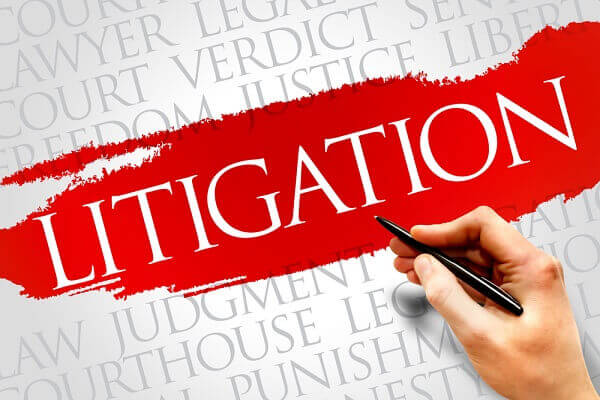Deciding on a niche in law can be one of the key decisions in an attorney's professional journey. With a wide array of practice areas available, from defense law to family law, the importance of finding a focus area that aligns with your preferences and strengths cannot be ignored. In a profession that demands both skill and passion, understanding the various fields of law and what they entail is essential for aspiring attorneys and seasoned professionals alike.

As you navigate your career in law, it's advantageous to consider not only the nature of legal matters you desire to handle but also how you can most effectively assist your clients. By concentrating on specific practice areas, you can grow to be an invaluable resource to those in need of legal guidance. Whether you are drawn to the details of personal injury law, the subtleties of estate planning, or the challenges of criminal defense, this piece will provide perspectives designed to help you make informed decisions about your area of law.
Vital Law Understanding
Having a core understanding of legal principles is crucial for anyone dealing with the nuances of the law. Familiarizing yourself with the basic rights and responsibilities can equip individuals to make wise decisions. For instance, knowing your rights during a police stop or what protections exist for employees can significantly influence outcomes in difficult situations. Furthermore, understanding specific areas of law, such as personal injury or family law, can help individuals recognize when they might need to seek professional assistance.
When evaluating whether to hire an attorney, several factors should be taken into account. Individuals should assess the complexity of their issue and determine if legal expertise is necessary. It is important to understand the potential legal mistakes people commonly make, which can often be prevented with proper advice. For instance, failing to respond to a legal summons or mismanaging a case can lead to severe consequences, making it essential to consult an attorney when in doubt.
Additionally, understanding the legal process itself can demystify what can often feel like an overwhelming experience. Knowing what to expect during a preliminary consultation or understanding how a lawsuit works in detail can reduce anxiety and inform the path forward. Educating oneself about these processes, alongside the fundamentals of property law or business law, can enable individuals to safeguard their interests more successfully and navigate the legal system with confidence.
Deciding on the Best Legal Representation
When dealing with legal challenges, picking the best attorney can significantly impact the conclusion of your case. It is crucial to choose a lawyer who focuses in the specific area of law relevant to your situation. Whether you need help with personal injury claims, family law matters, or criminal defense, understanding the nuances of each practice area can help you in making an educated decision. A specialized legal team will have the knowledge essential to manage the challenges of your case efficiently.
As you assess potential lawyers, consider their track record, client testimonials, and the specific legal issues they handle. It's helpful to arrange initial meetings where you can ask about their experience with cases comparable to yours. This meeting not only assists to appraise their qualifications but also allows you to understand their communication style and how relaxed you feel talking about your legal matters with them. This connection can be crucial as you collaborate together on your case.
Lastly, do not ignore the significance of local representation. Laws can change significantly by area, and an attorney knowledgeable with your area's legal environment can provide strategic insights that an non-local lawyer may not. By emphasizing an attorney with local expertise and a commitment to your needs, you can improve your chances of a positive outcome while ensuring you feel supported along the legal process.
Steering Law Procedures
Understanding the lawful processes involved in any situation is vital for both clients and attorneys. Regardless of whether you are initiating a personal injury claim, a domestic issue, or a commercial conflict, each category requires particular steps and procedures. Acquainting yourself with the overall legal landscape, including timelines, necessary paperwork, and court procedures, will aid you navigate your case more effectively. It is important to pose inquiries and clarify any doubts during your initial legal consultation, as this foundational knowledge will enable you throughout the proceedings.
Each practice area has distinct law-related nuances that can significantly impact the trajectory of your case. For straight from the source , personal injury law emphasizes the need of proving negligence, whereas criminal defense centers around the assumption of innocence and the burden of proof resting with the prosecution. Knowing what to anticipate in your specific legal setting will not only assist you prepare but will also enable you to work effectively with your attorney. This partnership is often key to developing a robust legal plan tailored to your specific situation.
Furthermore, staying aware of your rights and obligations during any legal proceedings is essential. Whether it's understanding your entitlements as an worker or understanding the implications of a legal summons, being informed will bolster your ability to interact with the process. Various situations, such as negotiating settlements or preparing for trial, will each require a unique strategy, and remaining aware will enable you to make more informed choices at each stage of your path through the judicial process.
